Sam Green, a San Francisco-based documentarian and Academy Award nominated filmmaker will present his most recent project, “Utopia in Four Movements” this Sunday. Feb. 13, at 7:30 p.m. in Harris Cinema. The documentary will be a live performance, with narration provided by Green and live music from Dave Cerf and band, the Quavers. Green has been nominated for a series of notable awards, including the Sundance Film Festival’s Grand Jury Prize. Green took a few minutes this week to do a phone interview from New York with The Scarlet and Black to discuss his process and future projects.
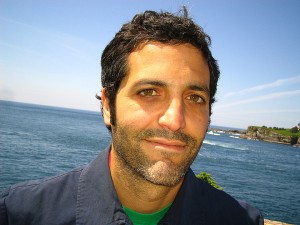
What was the impulse behind becoming a documentarian rather than, say, a journalist? What draws you to the documentary form?
Well, I went to journalism school. I was going to be a newspaper reporter. On a whim, I took a video class. Honestly, it was a lot more pleasurable for me. I liked working with other people as opposed to sitting in front of a computer for a long time, sweating over a 300 word article. The collaborative nature of it was fun and you’re a lot more out into the world. I found, making films, you engage with the world. I mean, you do that as a newspaper reporter but, I just like being creative and making things that are moving for people in a way that, writing a newspaper article, it’s harder to do. So it felt like a better fit to me. I was good at it. I was an okay writer but not that good at it but with video, it felt like something I could do. So that’s sort of how I got into it and changed directions from wanting to be a newspaper reporter.
What were you hoping to discover or learn while making this film? Has this project fulfilled your own expectations?
The kind of inquiry behind the film, it was why and a lot of other points in the history, people had really high hopes and a great imagination for the future. You know, fifty years ago or seven years ago, people thought we’d be living in outer space or we’d all have robots doing all the work for us and today, we don’t have a lot of imagination for the future or a lot of high hopes either. And most people don’t, so the sort of impetus for the film was to try to explore why, and not do it in a didactic way. Not go and interview experts or historians. They get kind of boring, like a PBS film. I set out to make something that kind of got it in a more poetic or emotional way so that was the impetus. The second part of your question, how successful was all this? Something like this is slippery. It’s hard to get at the nature of the time, especially when you’re living in it. I hope in some ways, it evokes some of this but it’s always going to be imperfect and sometimes, people read this film saying things like, “what the f*ck was that?” So it’s an ambitious thing and it doesn’t always succeed but, I’m a big fan of trying and sometimes failing as opposed to just playing it safe—I could have made a PBS documentary about it but it wouldn’t have really been as deep.
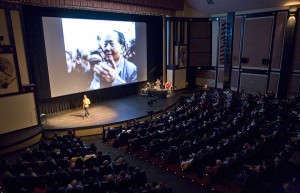
Your earlier film, “The Weather Underground,” deals with the utopian impulse during, I guess you could say, a more idealistic epoch. What’s your conclusion? Why the resistance today to the utopian impulse, if you can call it that?
This is my own two cents, for what it’s worth. I think we are living in a time when most big ideas have been discredited. Some people still believe in socialism and there are a lot of people who are skeptical about science, you know. All the people who won’t even let their kids get vaccinated. Even technology, you know, a progress, all these things, during the 20th century, people really believed in and that opened up a space for real idealism and hopefulness and I think we are living in a time now where we have lived and been through a lot. Not necessarily personally but culturally. At this point, our imaginations are tired and our openness to big ideas is not very open so the idea of the future being great, you know radical change. I don’t buy it—most people don’t buy it, I don’t think. We’re in a moment of cultural lethargy and that’s my own opinion. I’m not saying it’s true.
Talk about the live show, a little bit. You’ve said that your film is one to be experienced in a meaningful way, in other words, not on a laptop or iPhone. Is there are relationship between the form in which your film is exhibited or screened and the content and the idea of utopia?
Man that’s a million dollar question right there. Good question. The live show sort of came about almost accidentally. We did a couple of what’s called a rough cut screening where you show a work in progress and I sort of did it as a live thing where I talked and showed stuff and really, there was something lovely about it. It worked well. We did it again and it kind of worked, in a weird unexpected way and we kept going with that and at a certain point it seemed appropriate and I do think that there is a connection between subject and utopia which is almost always a collective experience and then even movies in their own tiny way are utopian where you go into this room with a bunch of strangers and the lights go out and everybody is sort of transported to this other world and it’s this transcendent experience so the idea of making a movie about utopia, where everyone is alone in their dorm room on a laptop, you know, it just seems wrong. The idea of getting together, there’s something ineffable about it or something evanescent—Utopia is always sort of fleeting and this too is not fixed, it’s not something you can go into Blockbuster and rent or get from Netflix. Hopefully, it’s something a little more special than that, or obscure, in a good way.
What would you like the Grinnell community to take away from the screening?
That’s a good question. We’ve done some university screenings and I’m always a little nervous. There’s a lot of history in this and I want to do something that engages young people. I hope that people will be into it. There’s a band and it’s kind of rock n roll in some ways. Hopefully people will like it. I think this show is on Sunday, which is during the Grammy’s, so we’re going up against the Grammy’s. I’m happy and hopefully they’ll get something out of it but in some ways, I teach and I feel for students because this is a hard world that you all are entering into and it’s not an easy time to be 22 and graduating from school for a lot of reasons. Most simply, it’s just hard to get a job but beyond that, it’s hard to know that this is a somewhat scary time in the world. I hope that in some way, in a non-didactic manner, the movie is about that and helps people to understand a little bit how we got to where we are. Why the world is the way it is right now. It’s important to have some tiny bit of hope, or, you can have some hope. There are things that are still good out there and human experience is a wonderful thing. All that kind of sh*t.
You’ve mentioned that your next documentary will be about the fog in San Francisco. Could you tell us more about that?
This is just a short. I make lots of short films while I make long films too. I live in San Francisco and I’ve always loved the fog. If you’ve ever been there, it’s a beautiful thing. It comes in really heavy and you can be sitting there in a beautiful blue sky day and a couple blocks down the road there’s like, heavy fog, you can’t see anything. It’s like a defining element of the city and so I have always really loved it. It’s visually really interesting but there are also all sorts of people whose lives intersect with the fog, in interesting ways. In the film, we interviewed a guy who turns on and off the fog horn. So the whole project is sort of like a love letter to the fog but in an interesting sort of meandering meditation on the fog.
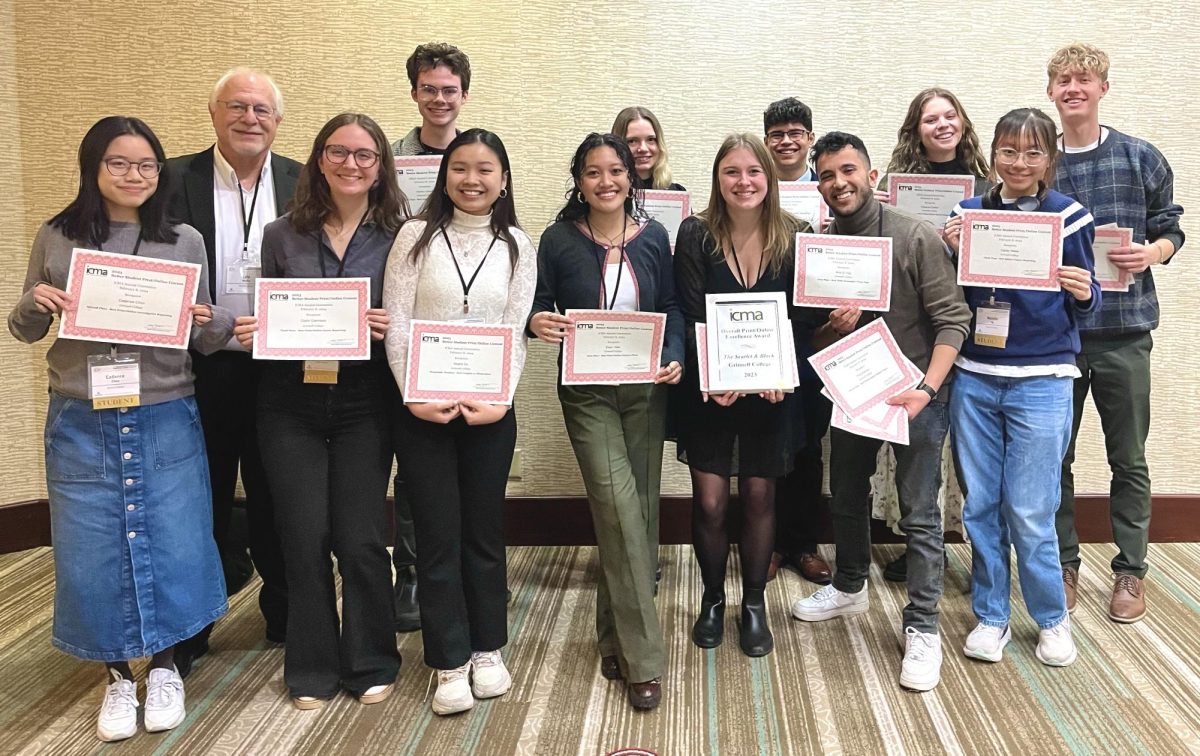

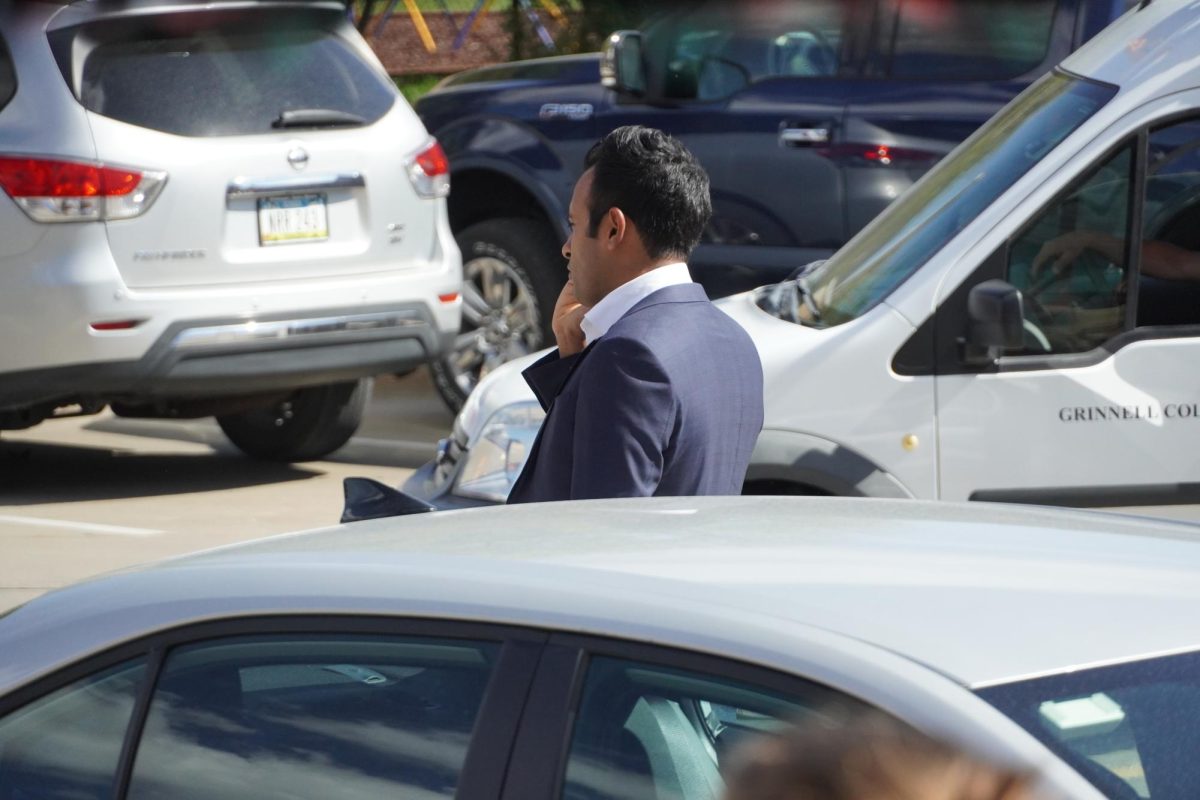
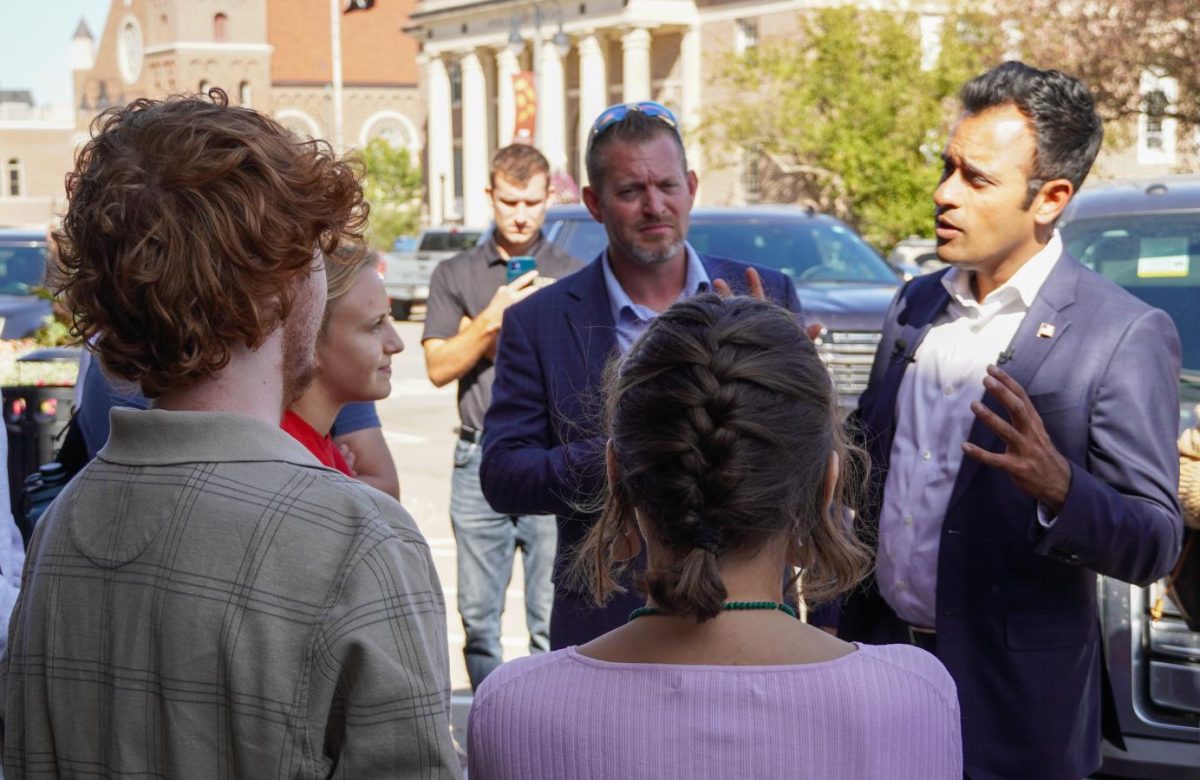
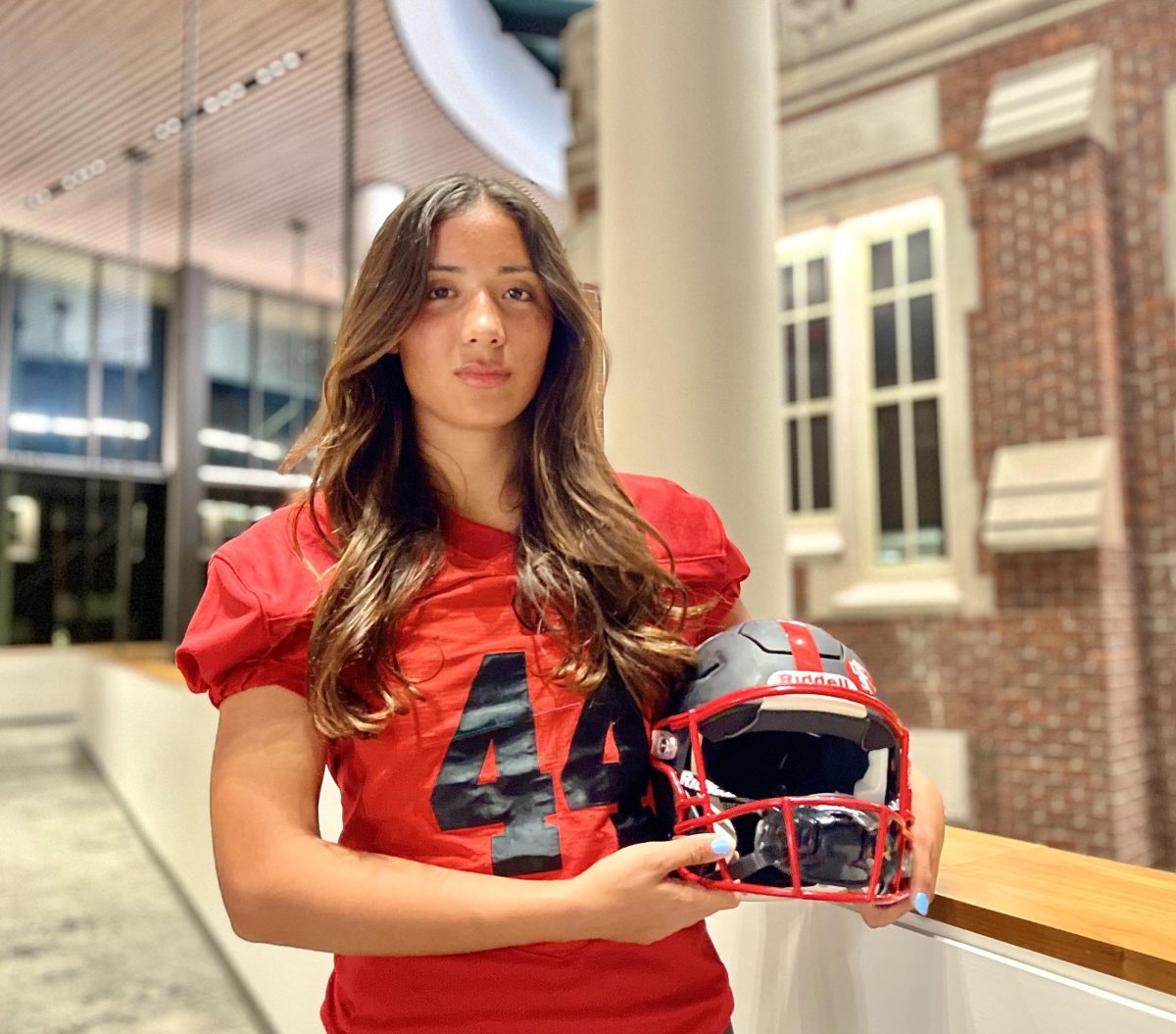
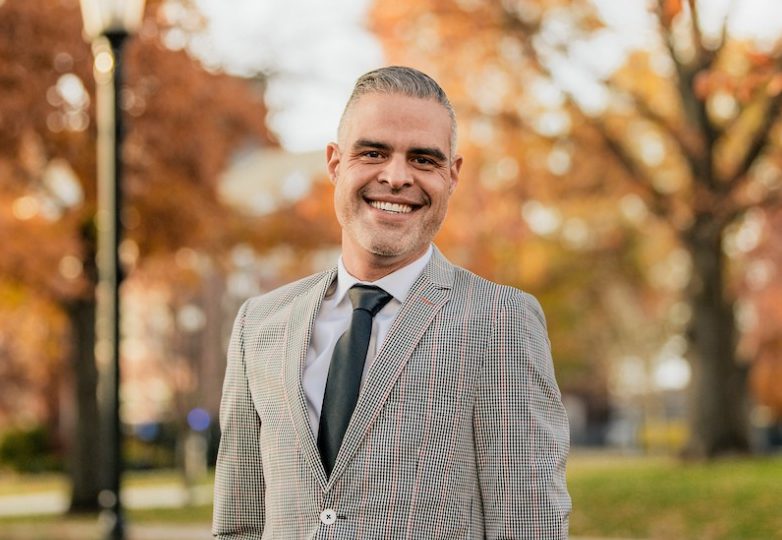
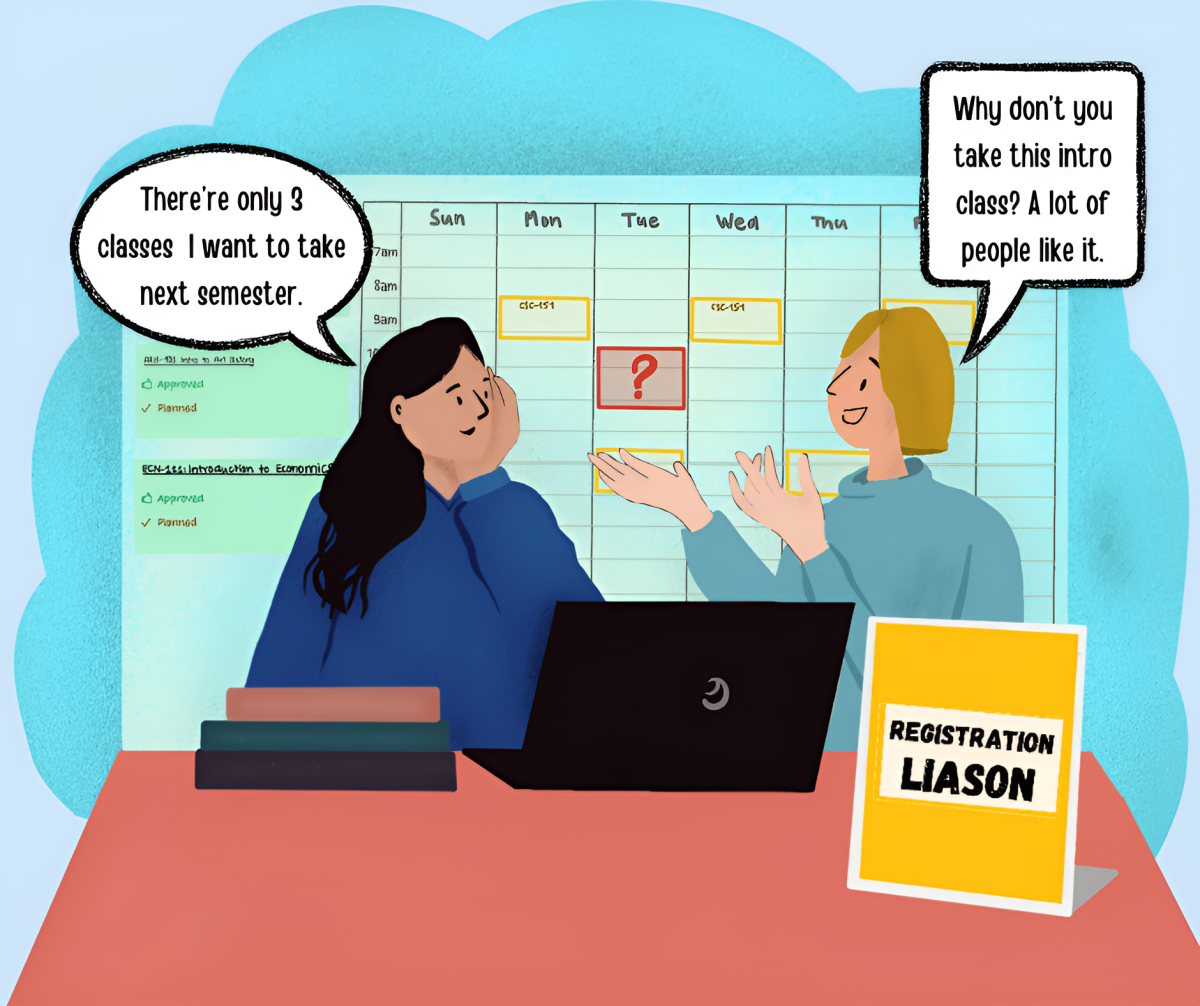
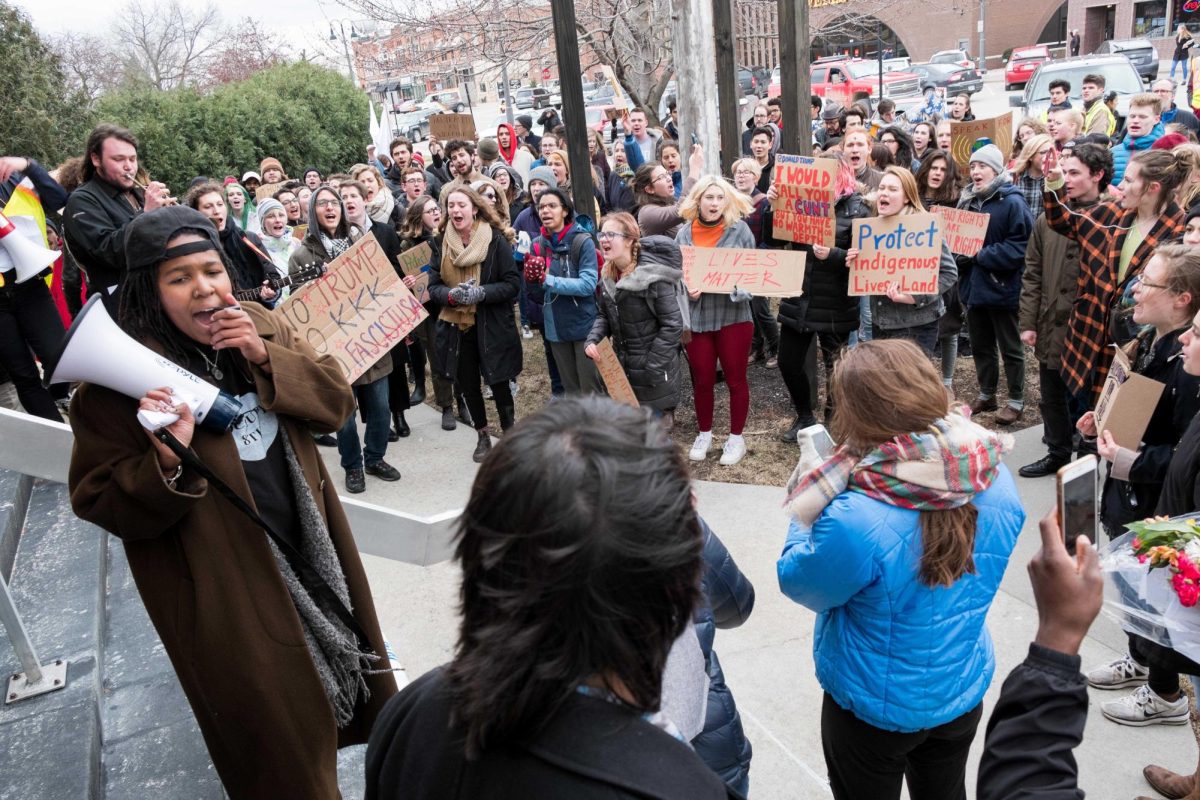

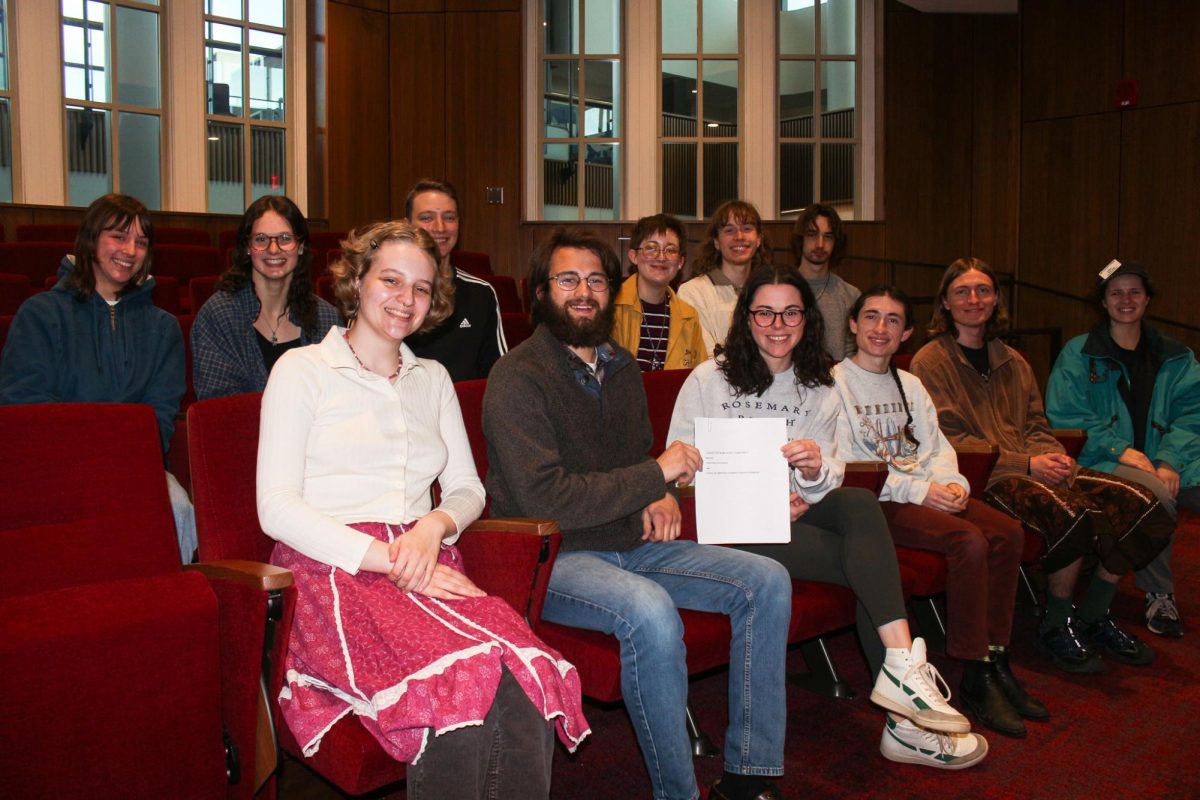


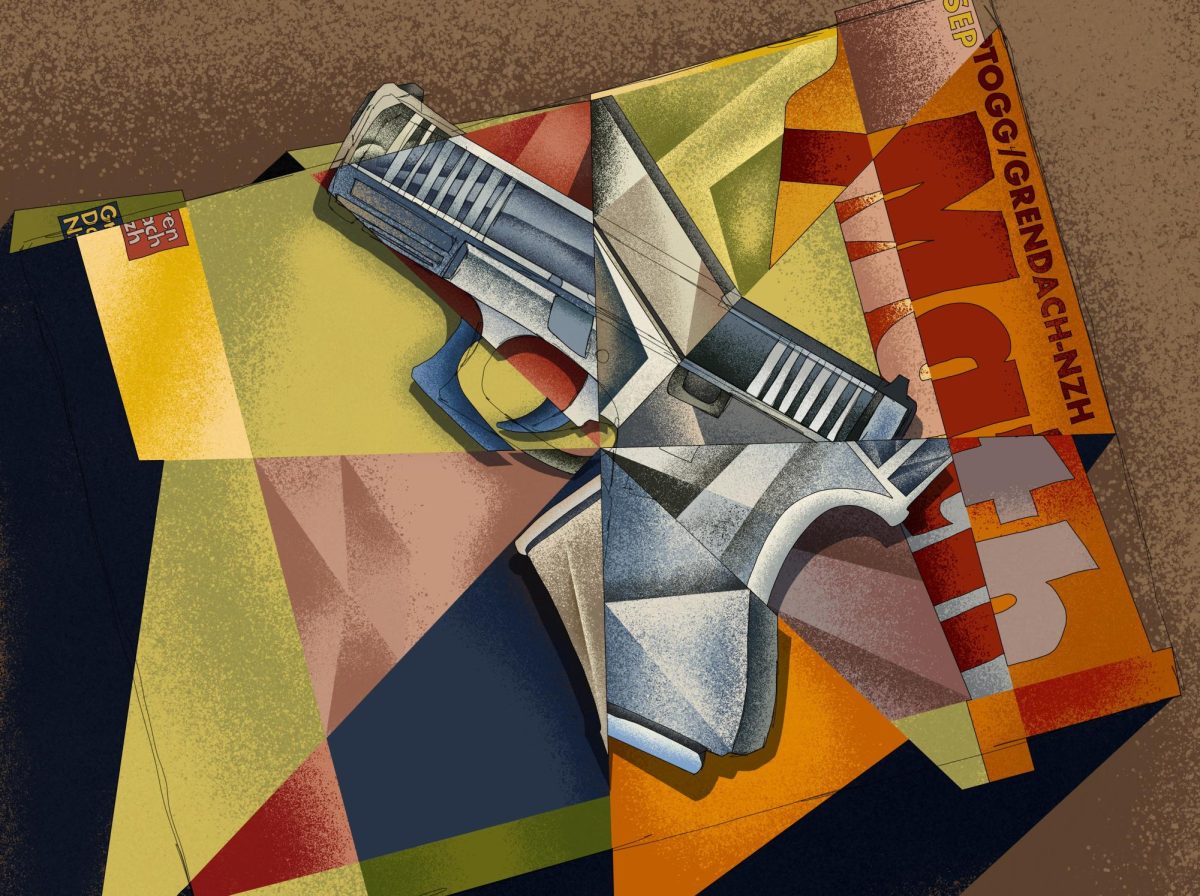
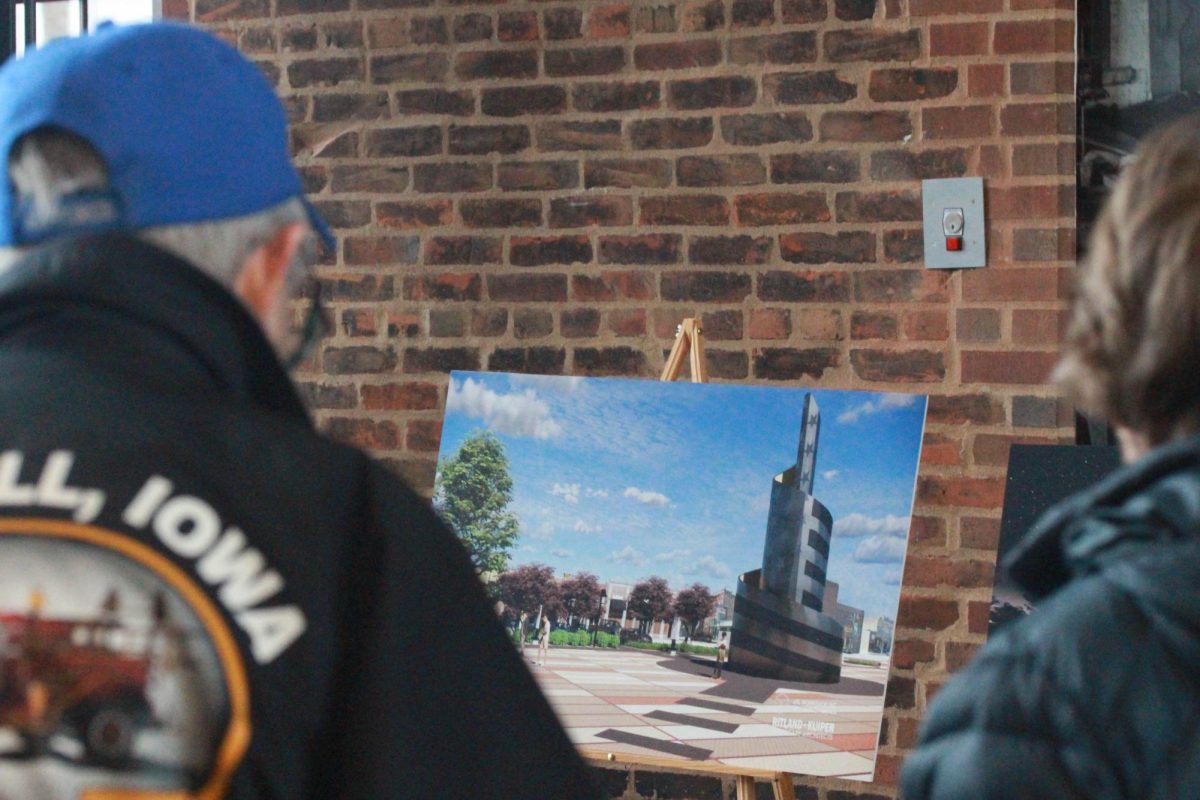

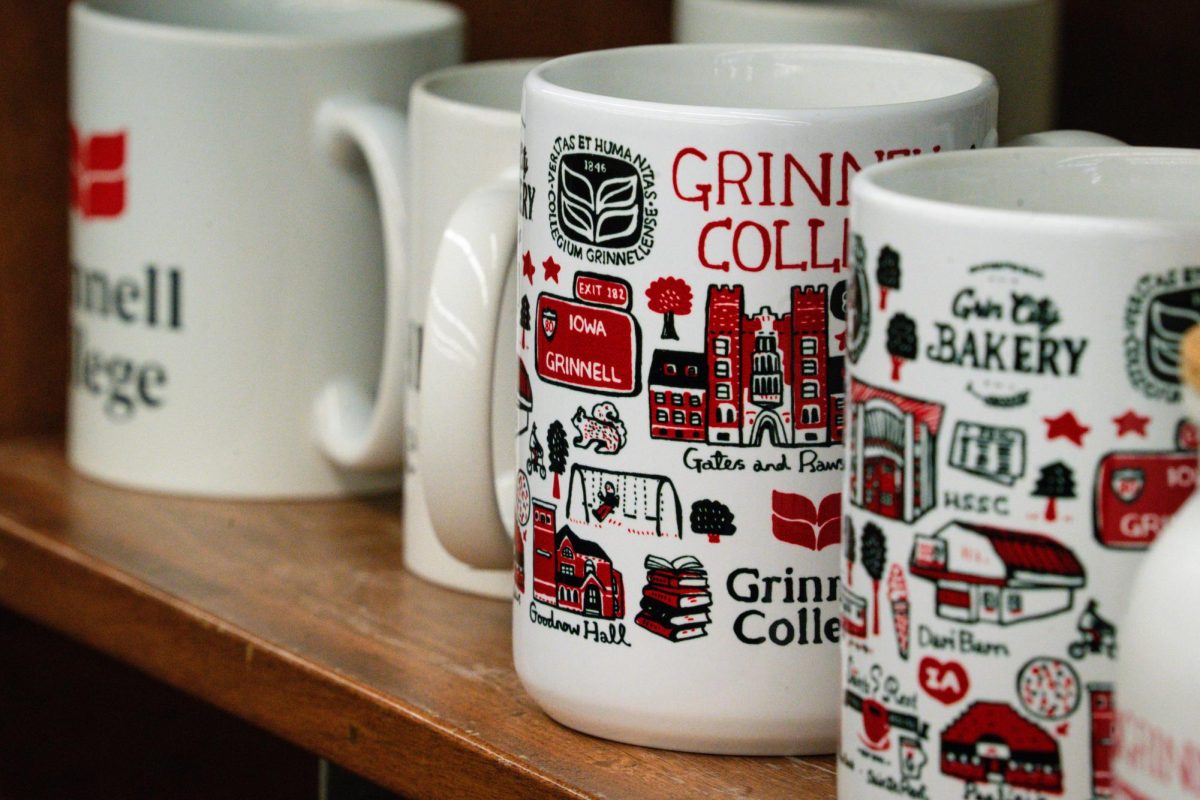
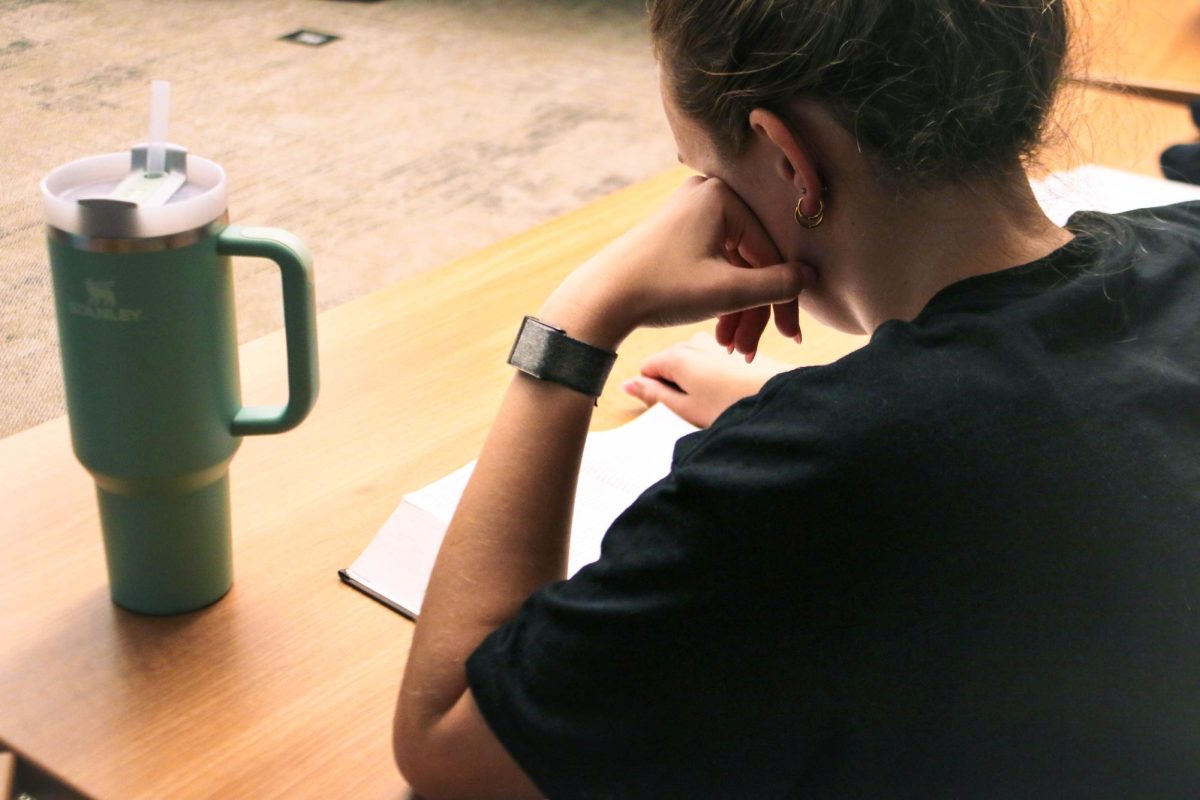

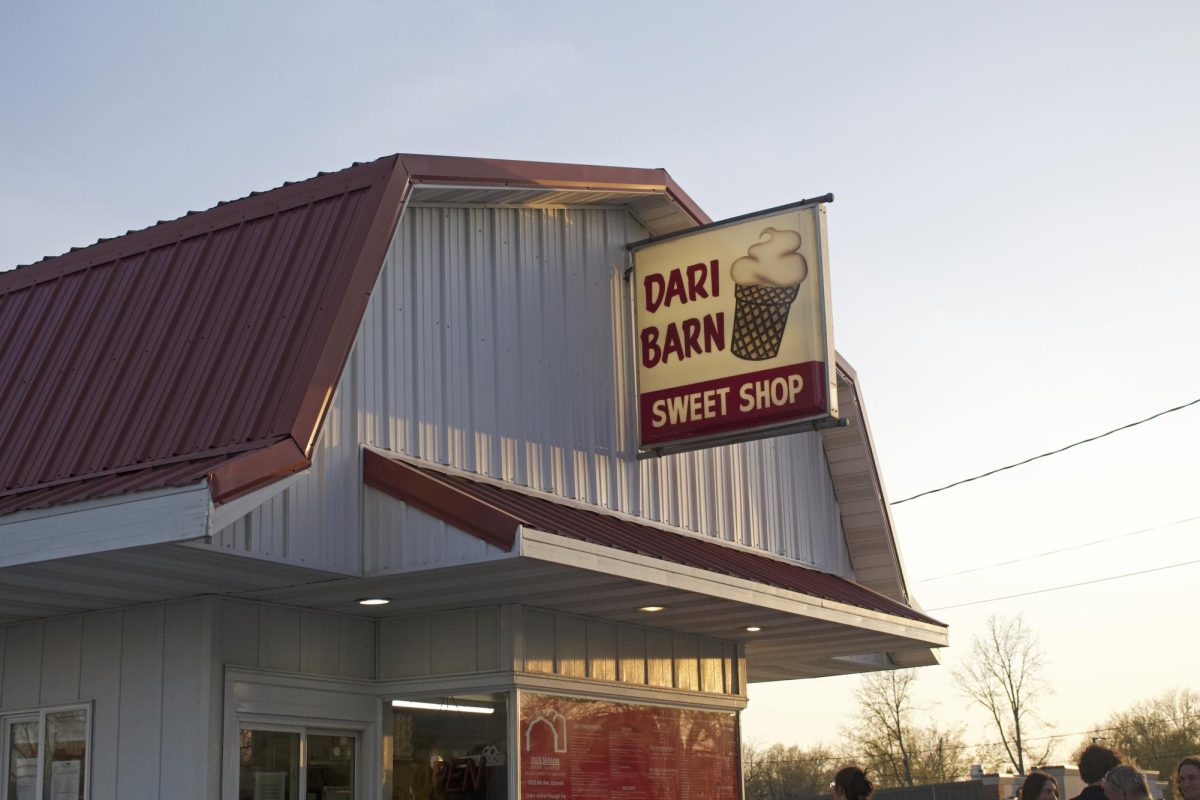
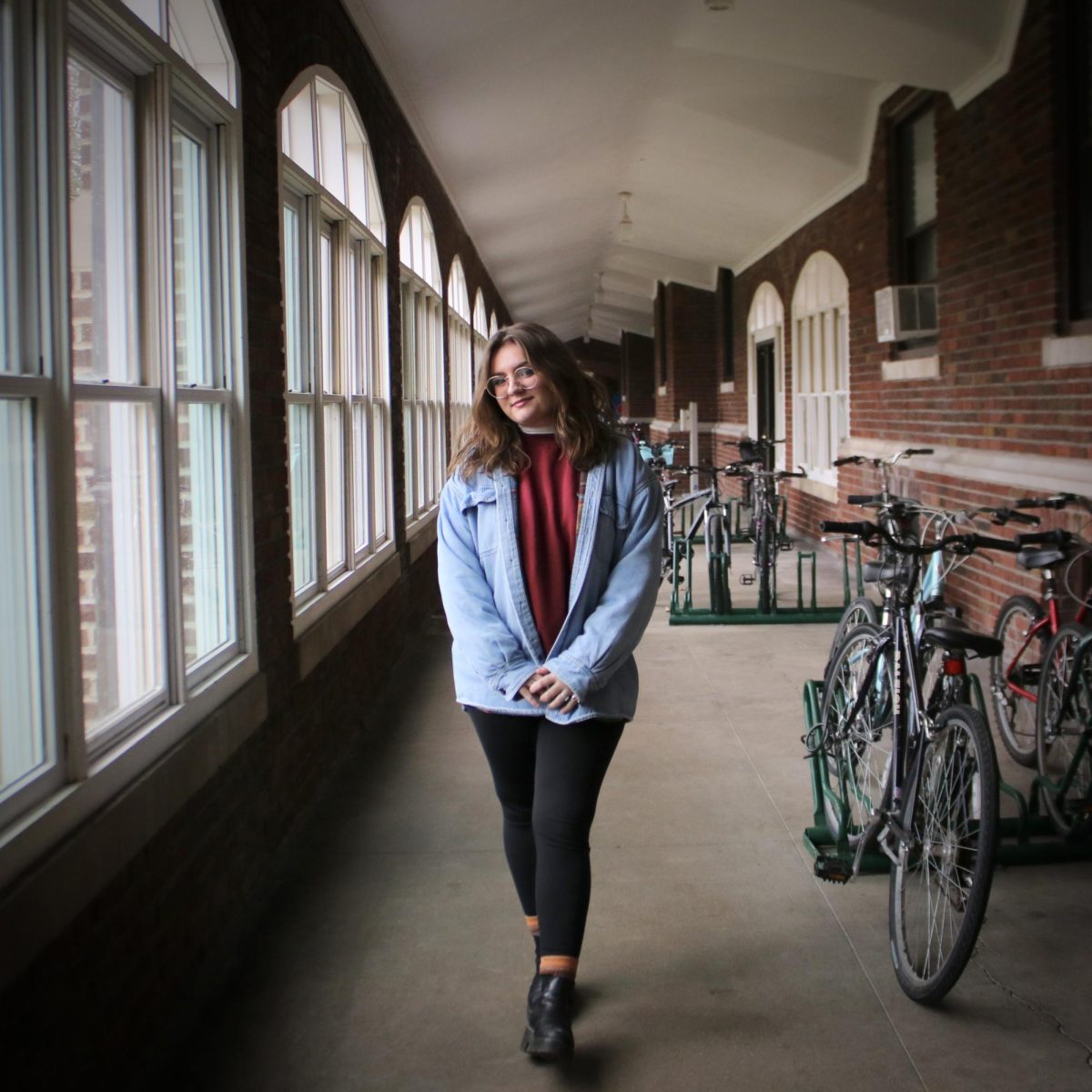



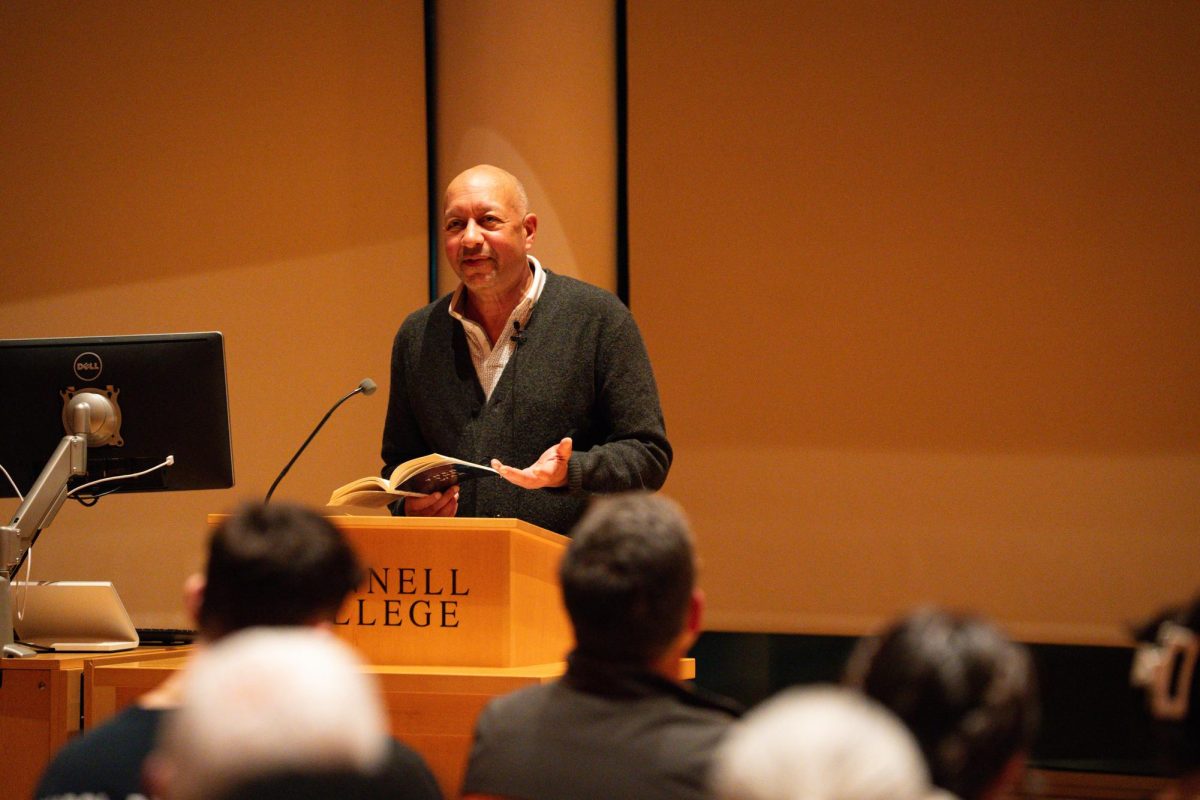
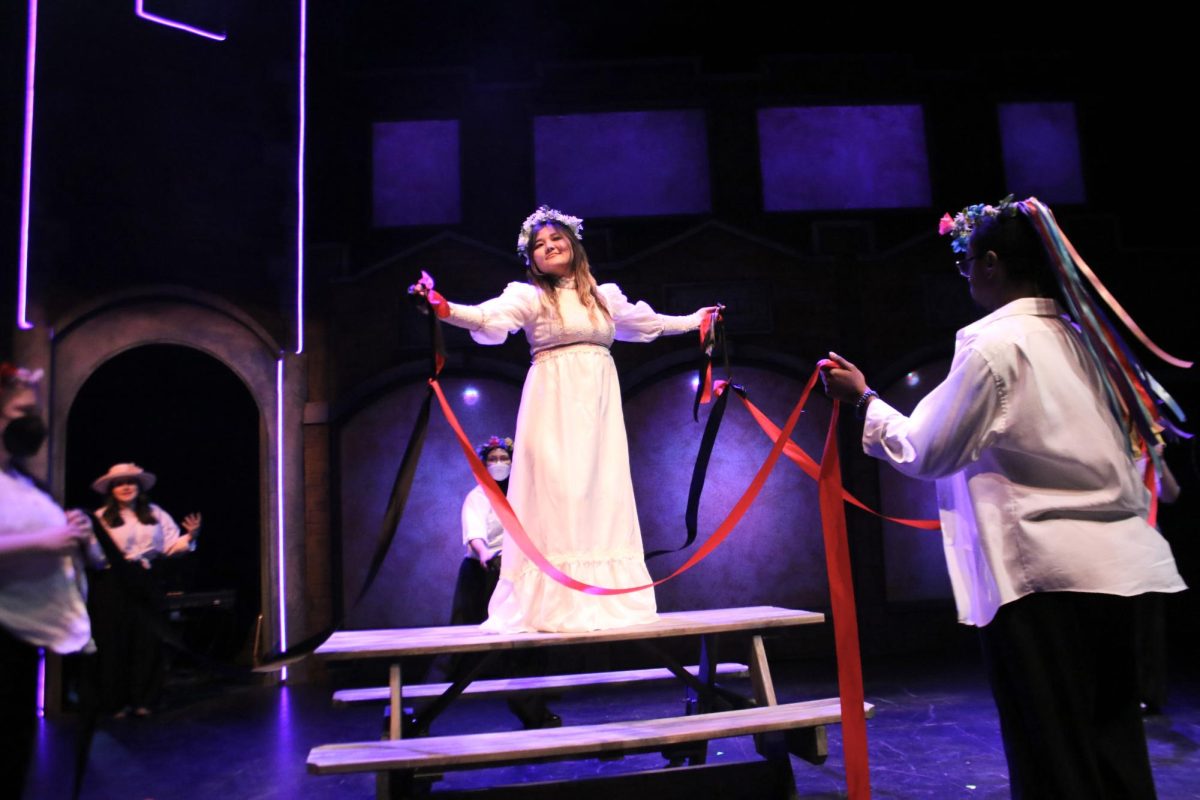


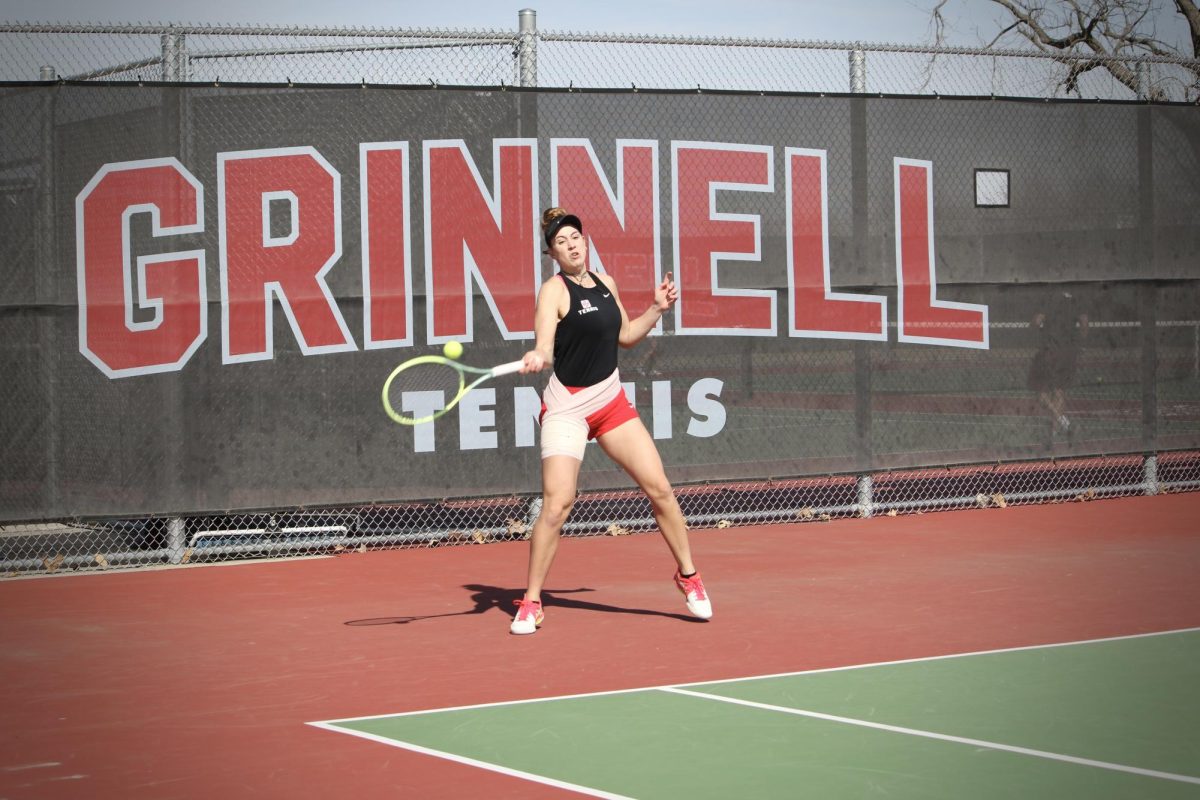
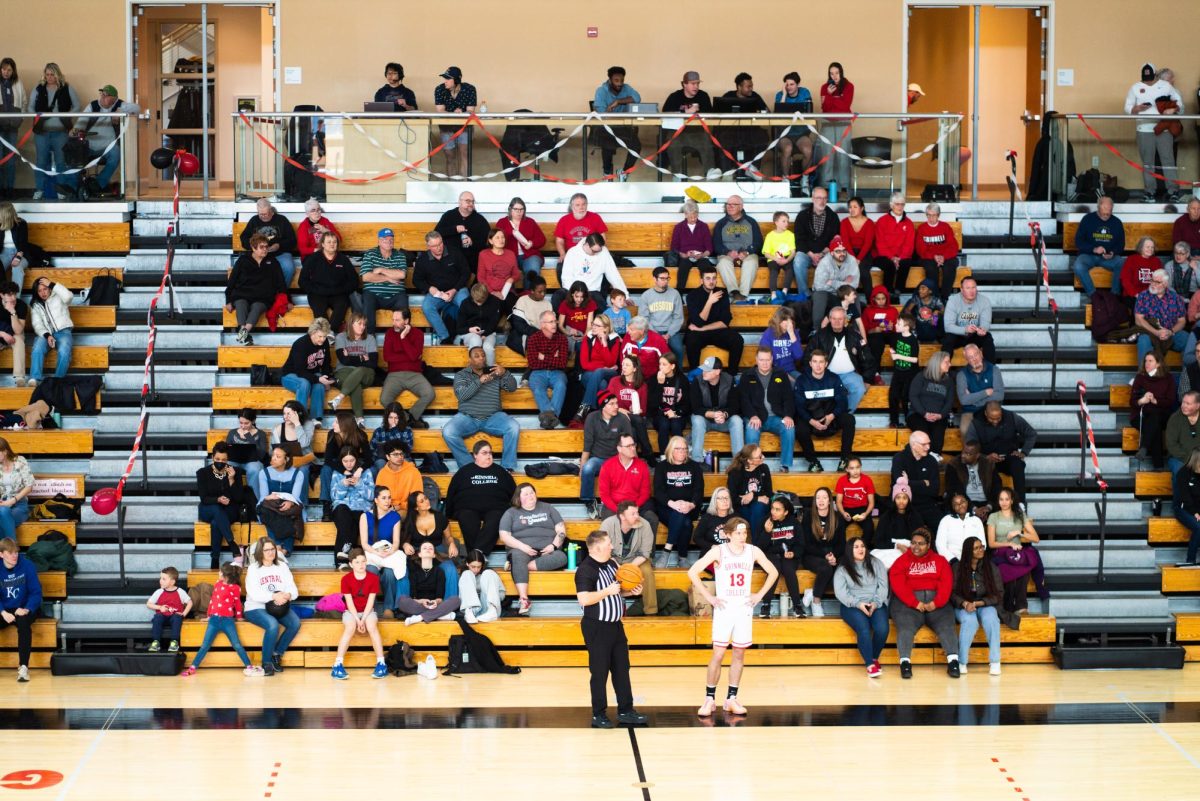


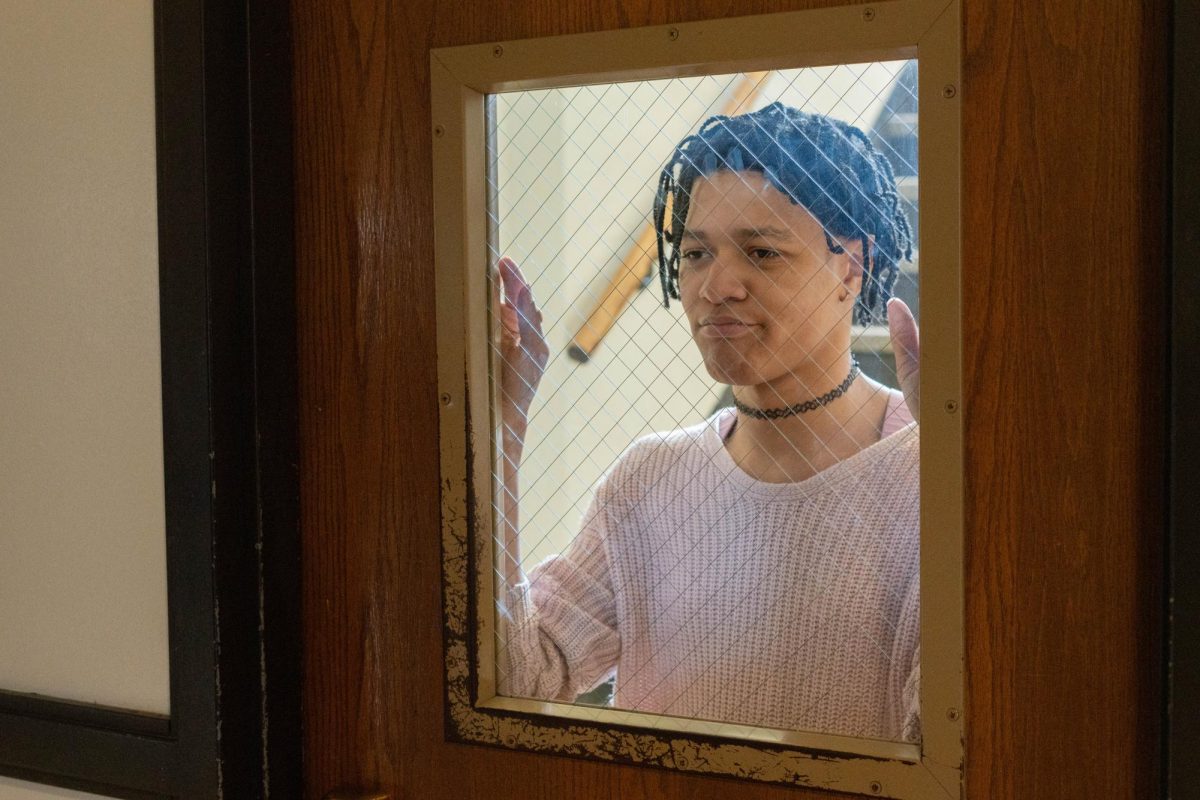
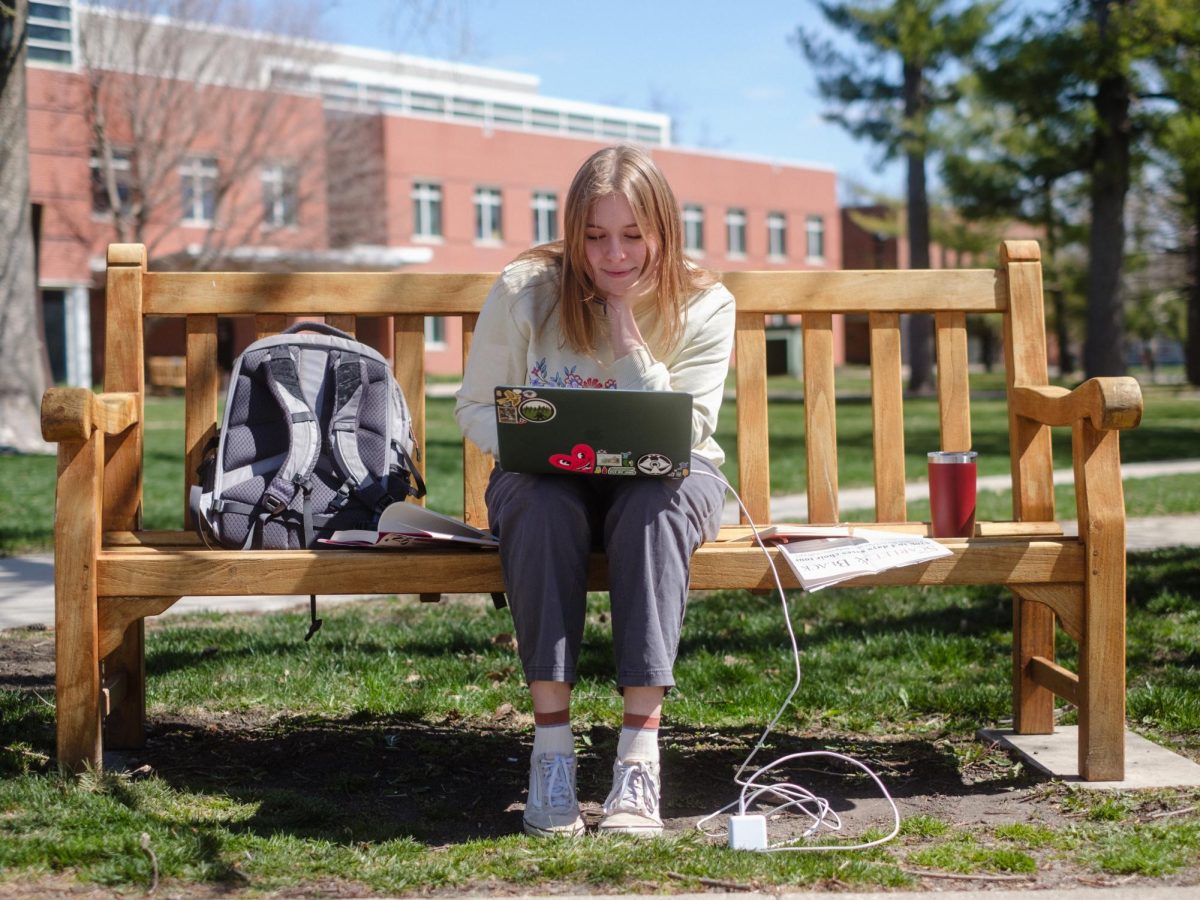
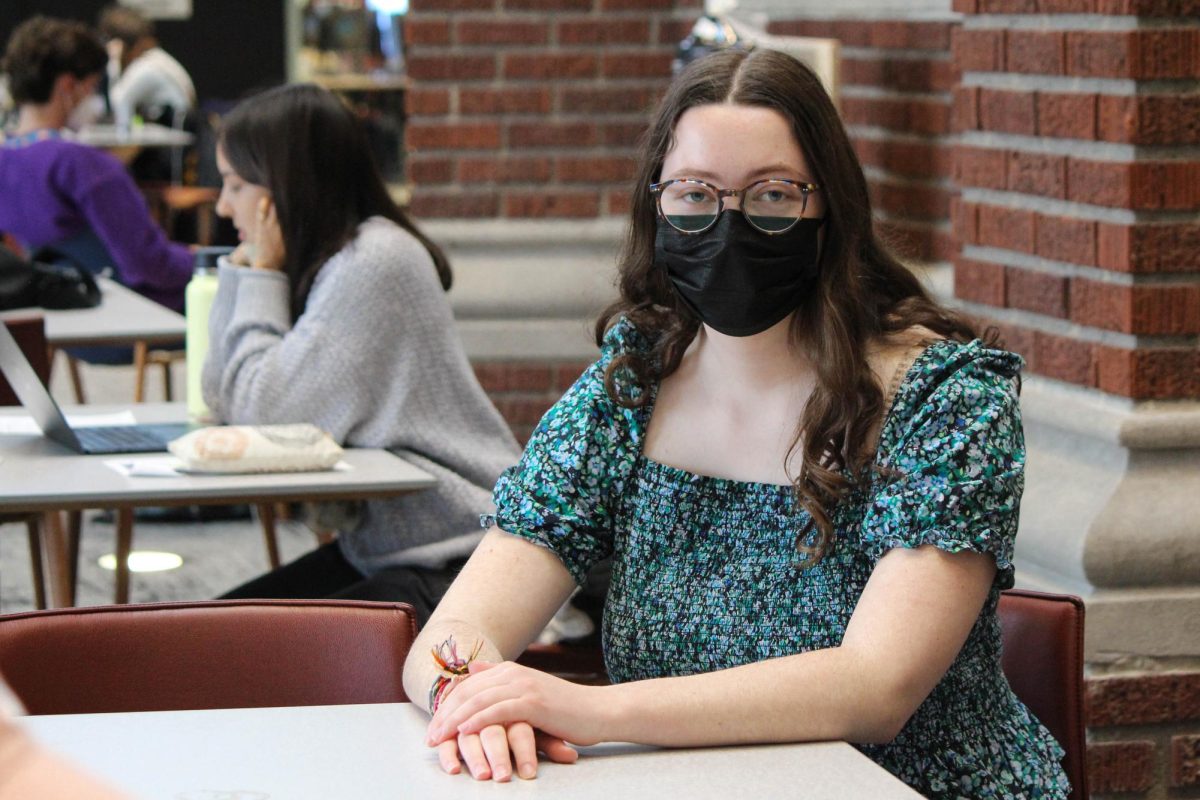



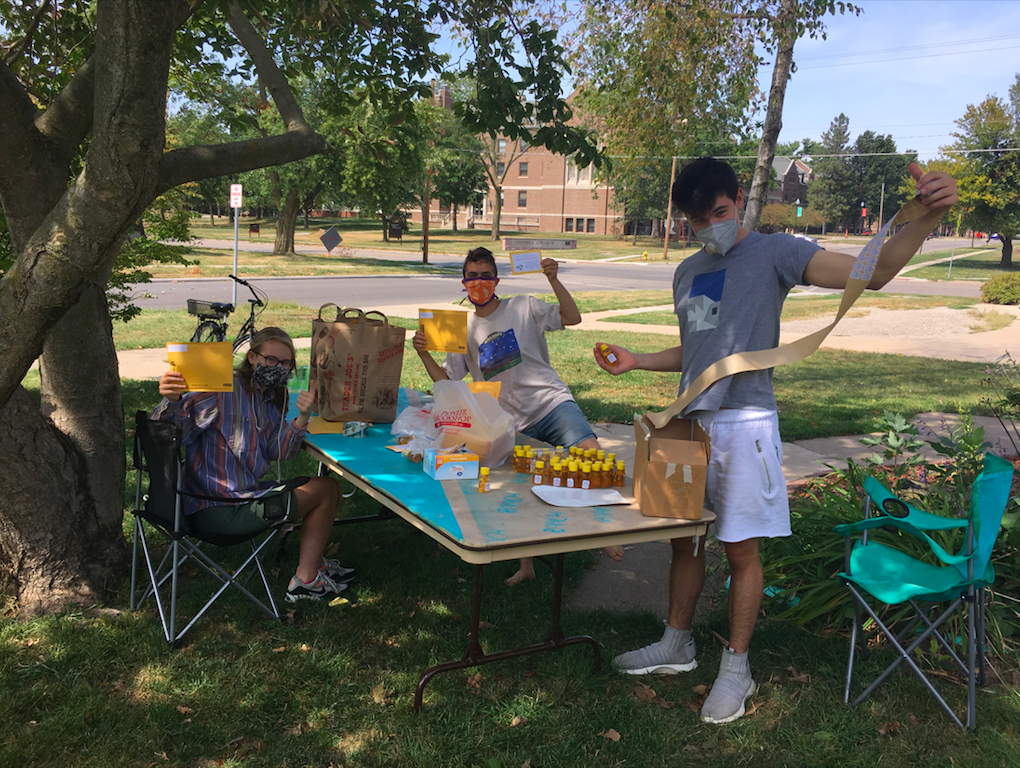






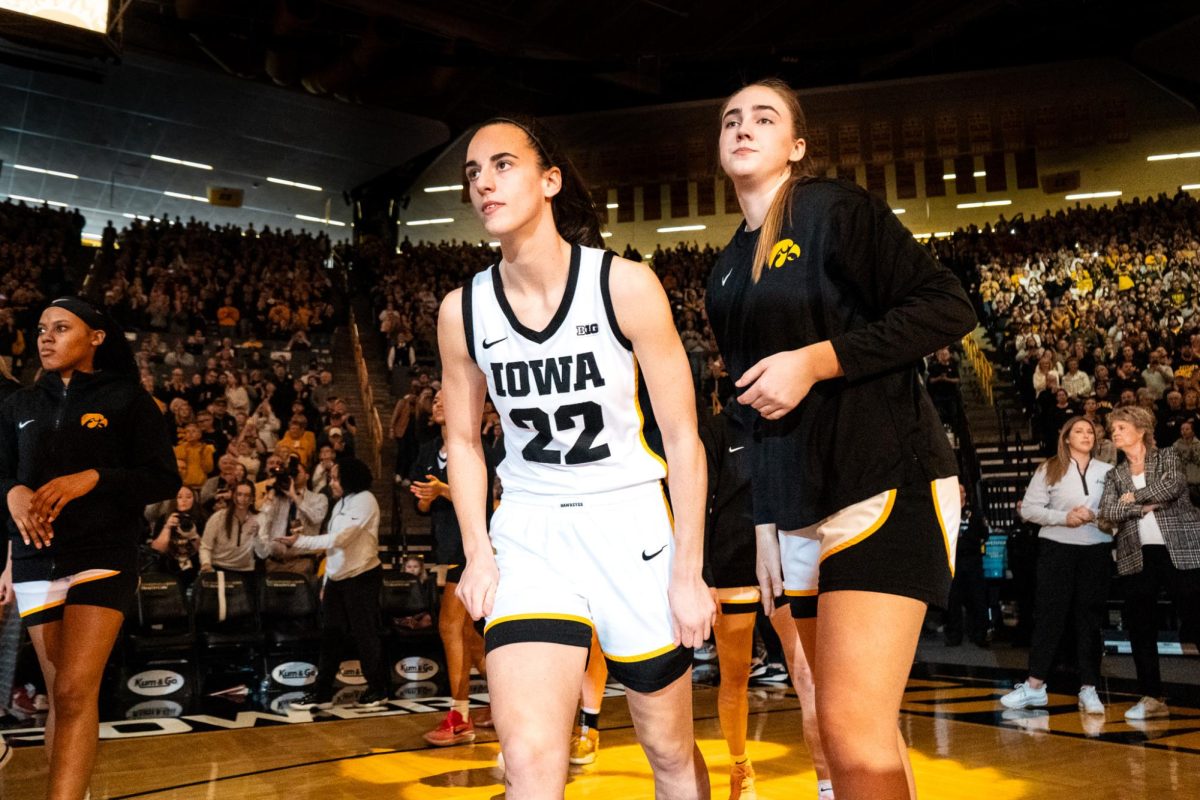
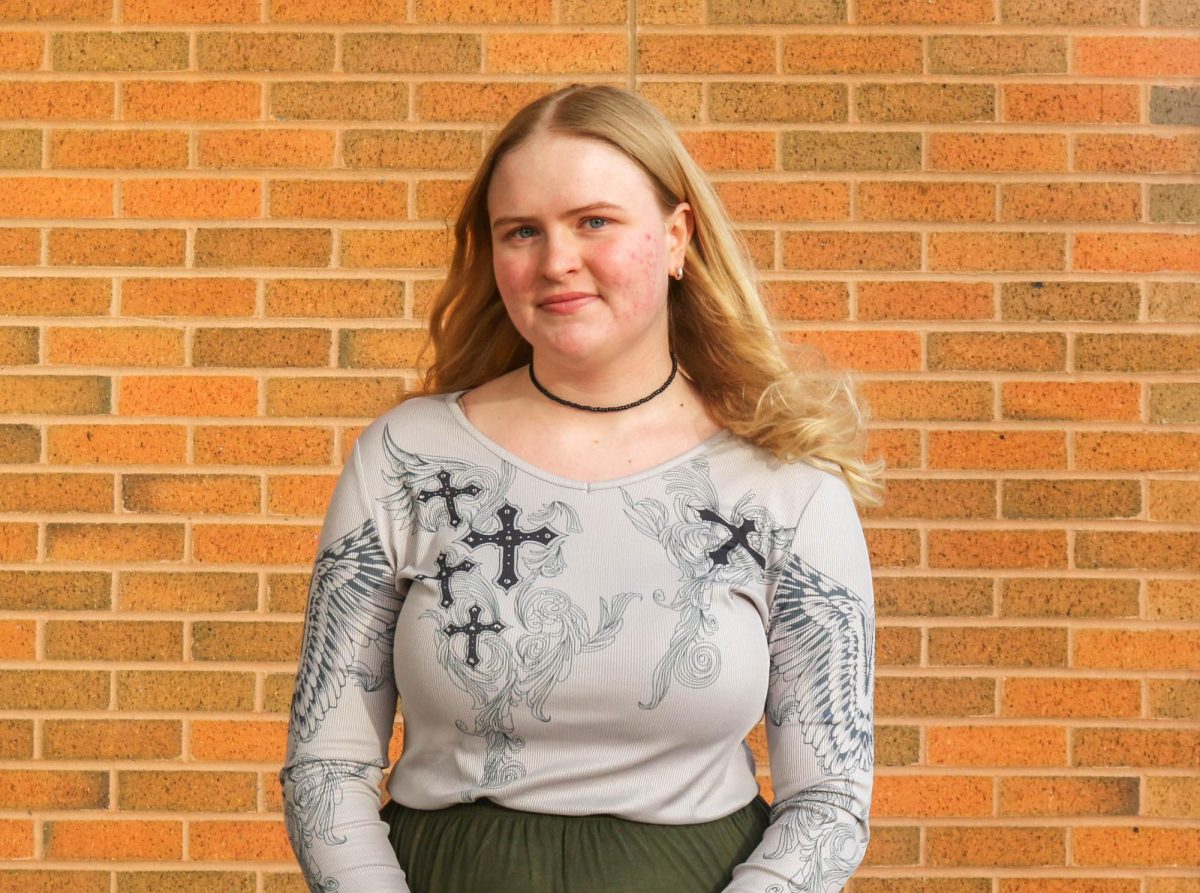
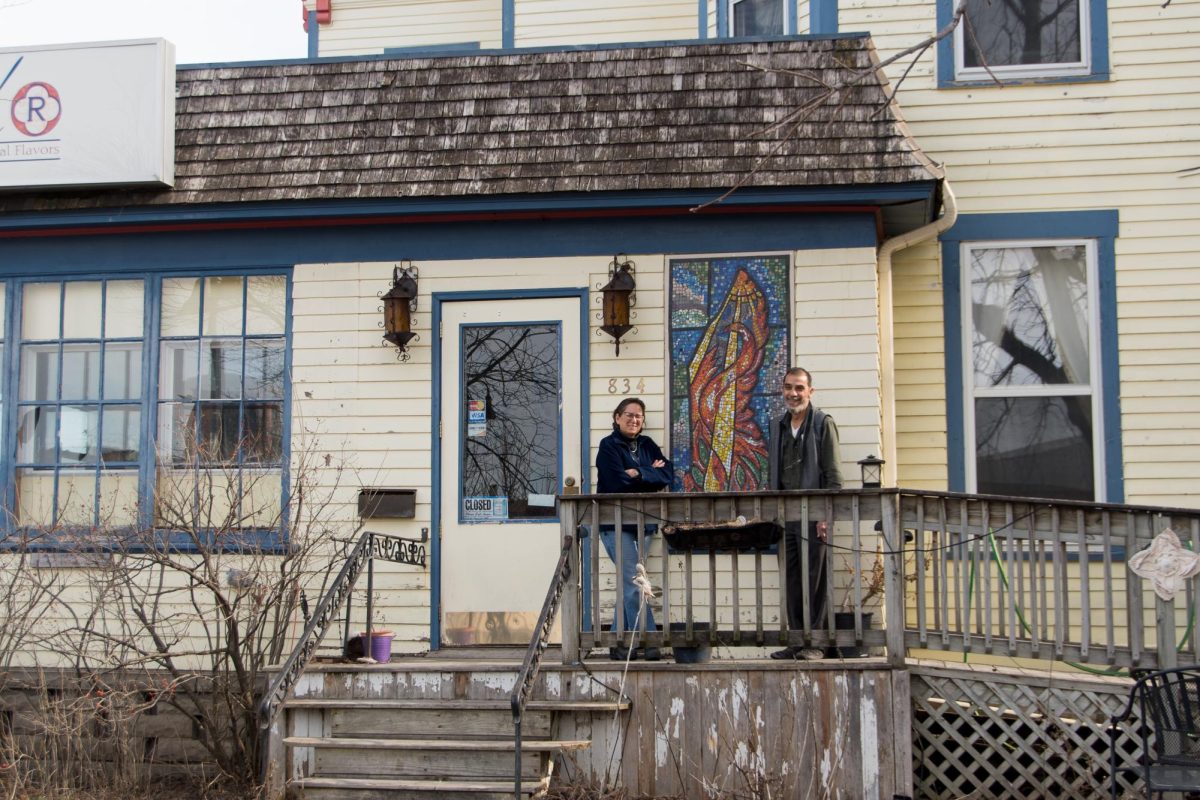
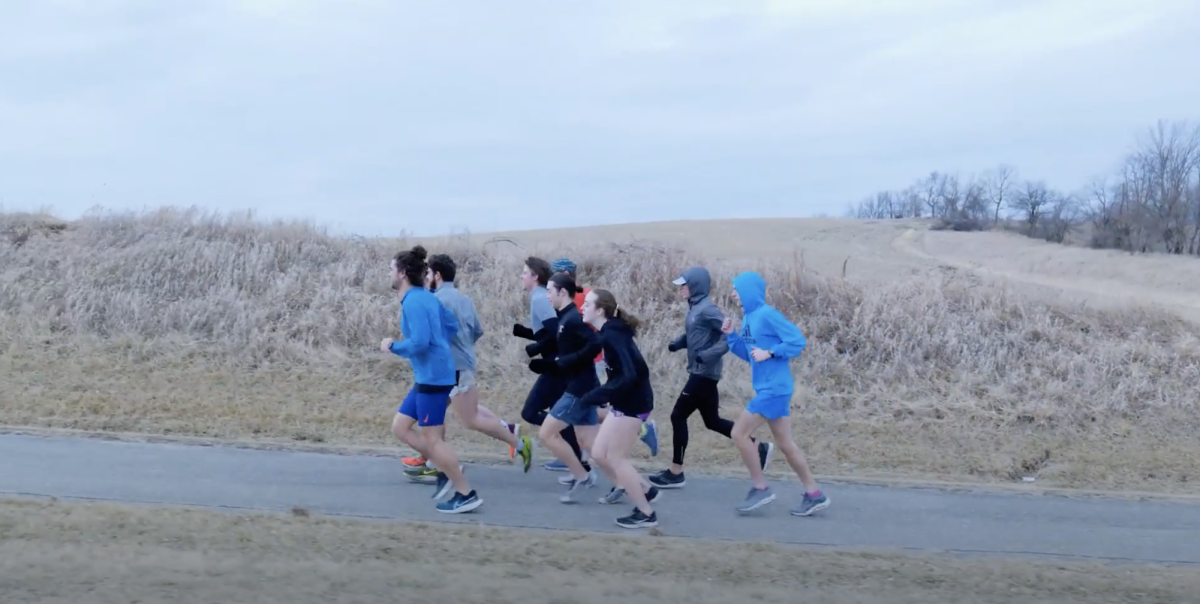


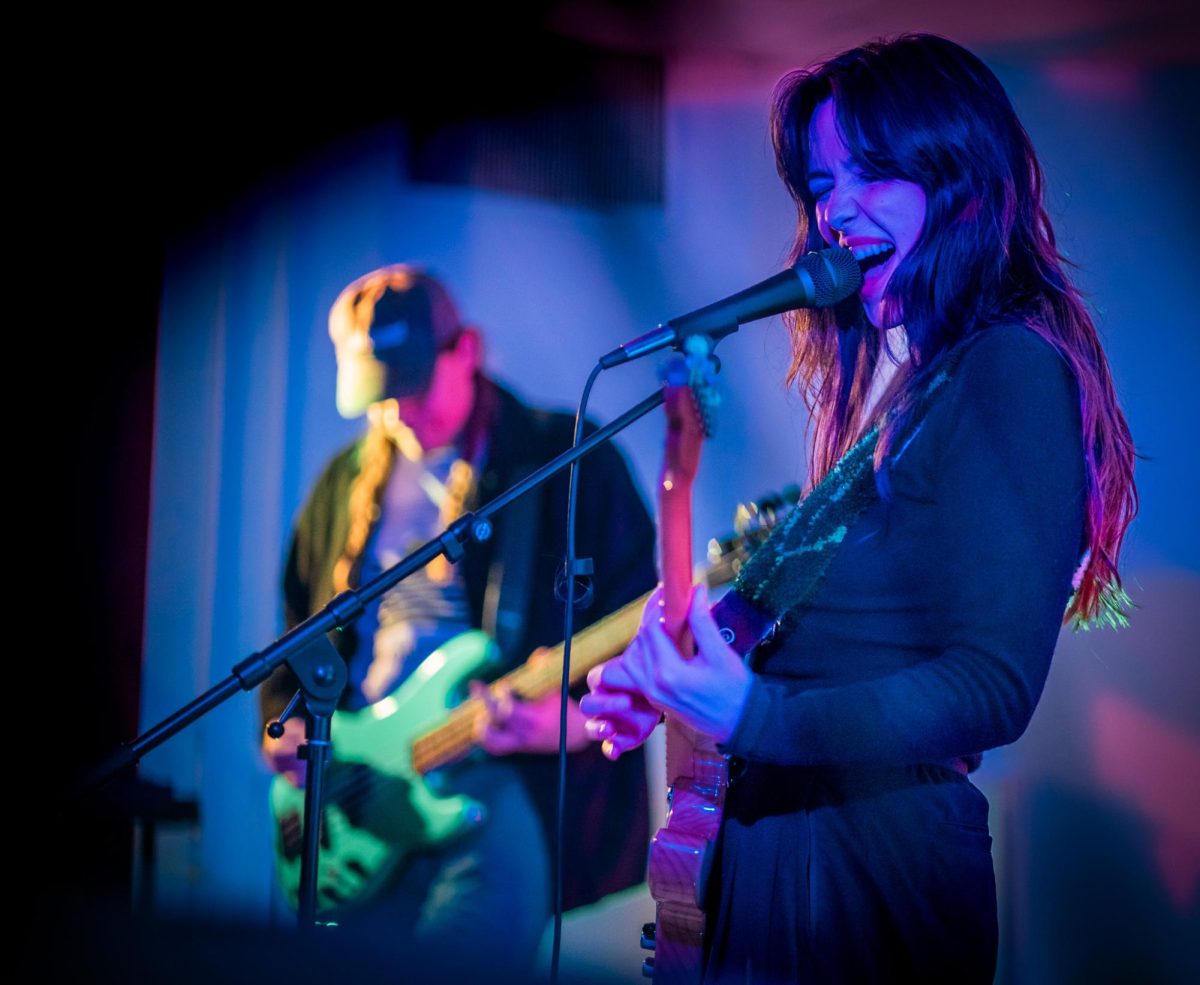
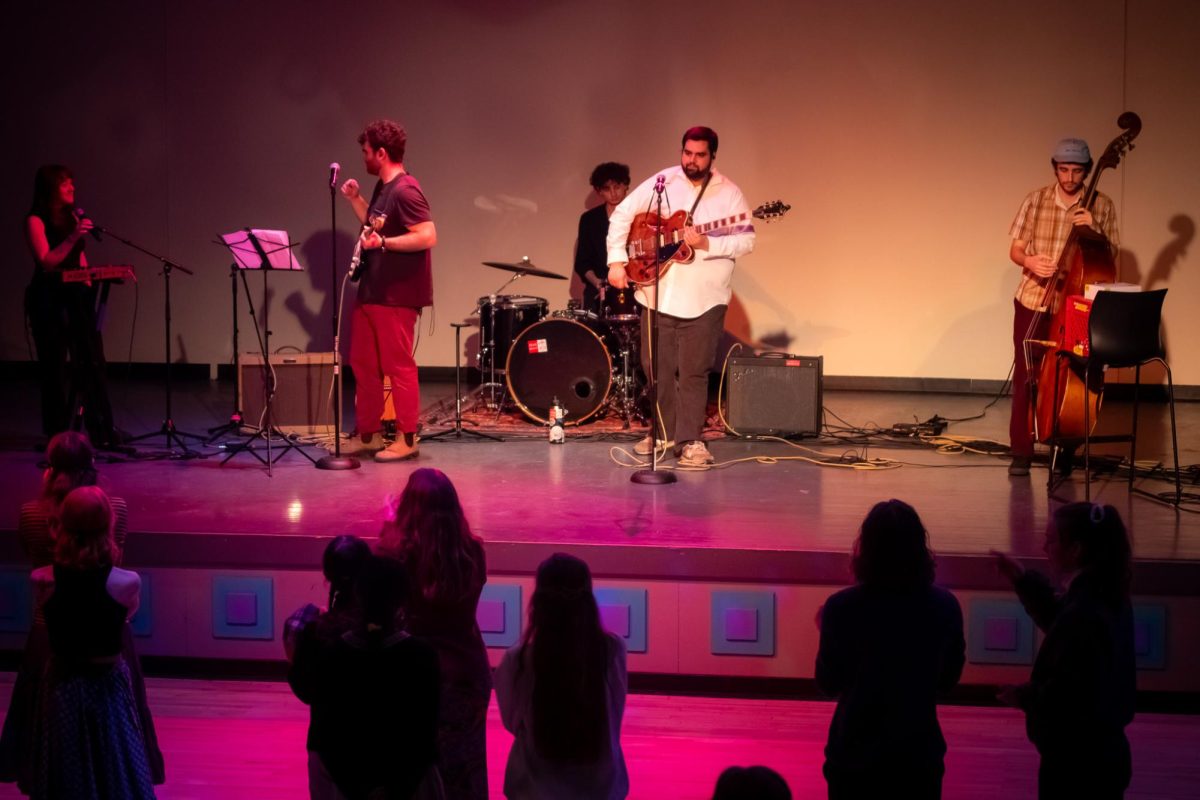
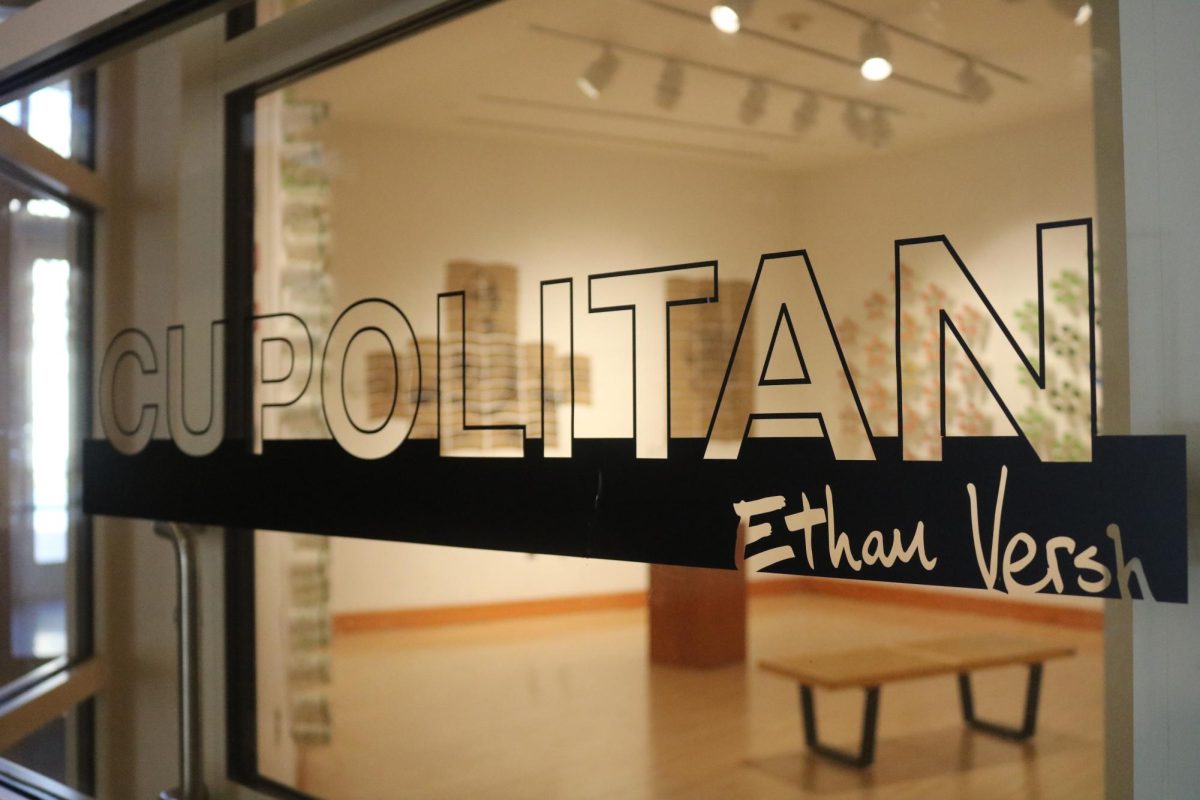
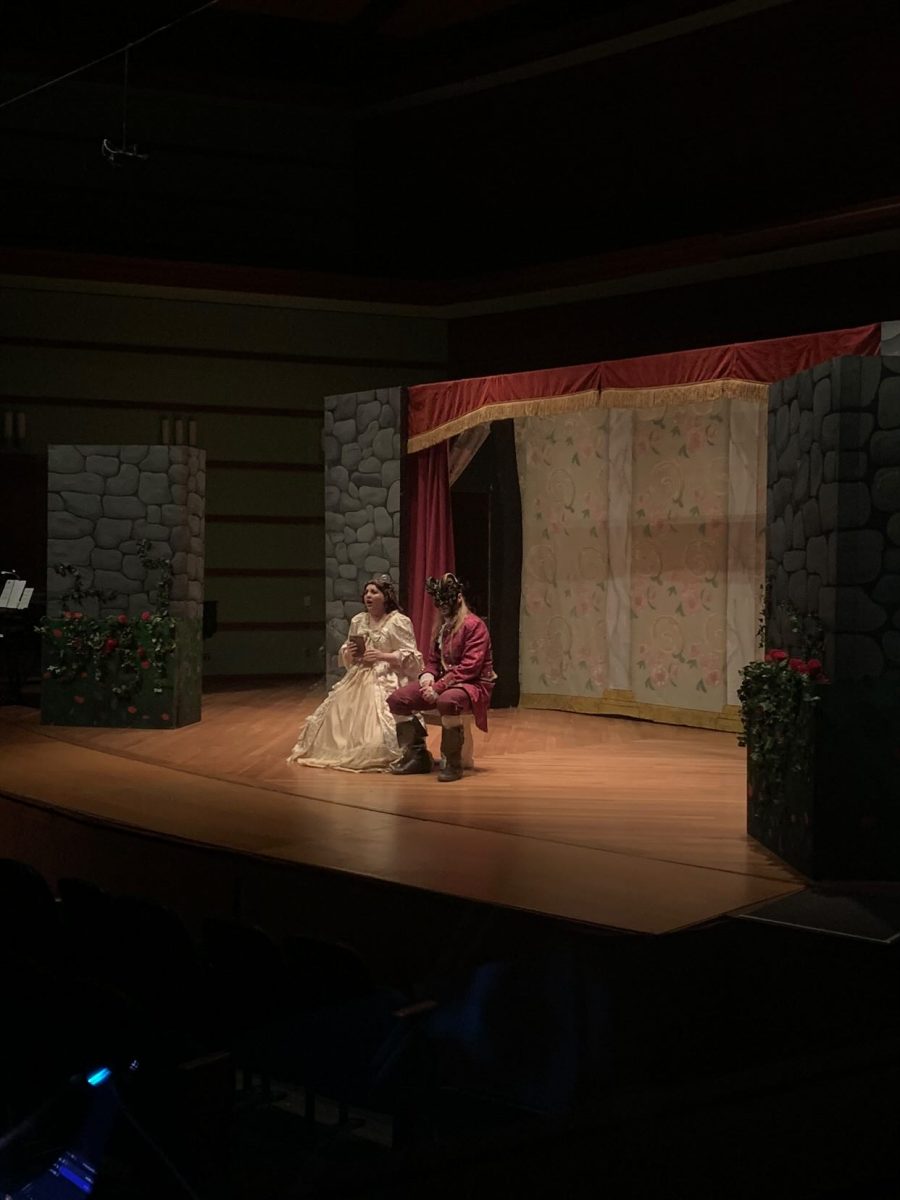
Kontent Films • Mar 8, 2011 at 5:58 pm
Thanks for taking the time to ask Sam Green such interesting questions!
courtney • Feb 11, 2011 at 10:47 am
great interview!